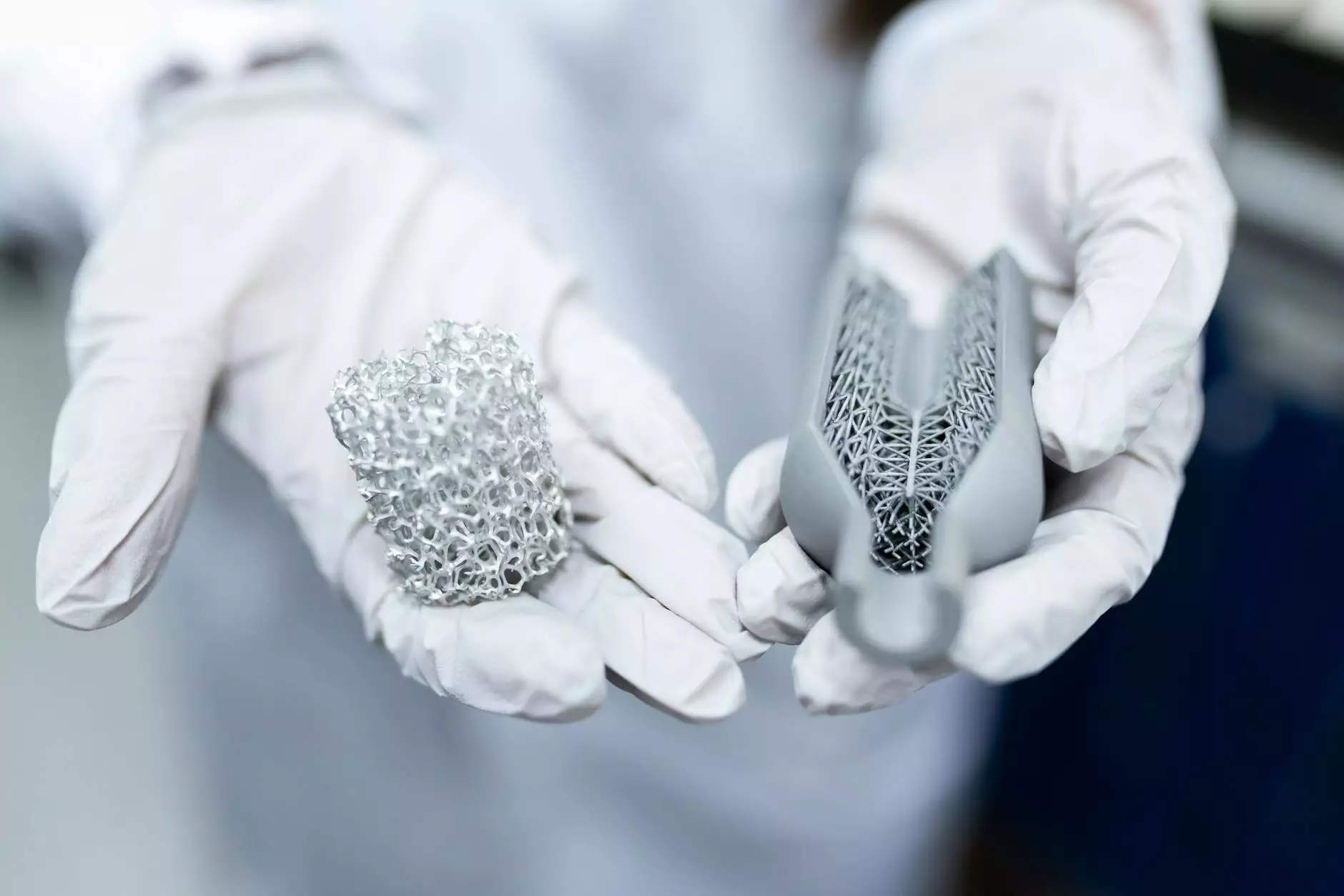The Future of Production: Mask Manufacturing Machines

The manufacturing industry is undergoing a significant transformation, particularly in the field of personal protective equipment (PPE). The mask manufacturing machine is at the forefront of this revolution, providing innovative solutions to meet the increasing demand for masks globally. In this comprehensive article, we will explore the intricate world of mask manufacturing machines, their benefits, functionalities, and the critical role they play in today's market.
Understanding the Technology Behind Mask Manufacturing Machines
Mask manufacturing machines are sophisticated devices designed to automate the production of masks. These machines utilize advanced technology to enhance production efficiency and product quality. Here's an overview of the key components that make up these machines:
- Roll-to-Roll Process: This method feeds rolls of raw material into the machine, allowing for continuous production.
- Ultrasonic Welding: This technology fuses the layers of the mask together seamlessly, ensuring durability and comfort.
- Moulds and Dies: Customizable molds allow manufacturers to produce various mask shapes and sizes.
- Automated Quality Control: Integrated systems ensure that every mask meets stringent quality standards.
- Real-time Monitoring: Advanced sensors and software provide real-time data analysis to optimize production.
The Process of Mask Manufacturing
The process of manufacturing masks involves several stages, from material preparation to packaging. Here's a detailed breakdown of each step:
1. Material Selection
The choice of materials is crucial for the effectiveness of the masks. Common materials used include:
- Non-Woven Fabric: Known for its breathability and filtration efficiency.
- Melt-Blown Fabric: Often used as a filter layer due to its excellent filtration capabilities.
- Elastic Ear Loops: These provide comfort and a secure fit.
2. Cutting
The selected materials are cut into the necessary shapes and sizes using automated cutting machines, ensuring precision and reducing waste.
3. Layer Assembly
Layers of material are then assembled in the proper order, typically consisting of an outer layer, a filter layer, and an inner layer.
4. Welding
Ultrasonic welding techniques are employed to bond the layers securely, forming the mask’s structure without the need for sewing.
5. Adding Features
Additional features such as nose clips and ear loops are attached at this stage to enhance comfort and functionality.
6. Quality Control
Each batch of masks undergoes rigorous quality control to assure compliance with health and safety standards.
7. Packaging
The final masks are packaged in a sterile environment, ready for distribution to healthcare facilities or retail outlets.
Benefits of Investing in Mask Manufacturing Machines
Investing in a mask manufacturing machine offers numerous advantages for businesses, including:
- Increased Production Speed: Automation significantly boosts manufacturing capabilities, allowing for the rapid production of large quantities of masks.
- Cost Efficiency: While the initial investment may be high, the long-term operational costs decrease as manual labor is reduced.
- Consistency and Quality: Precision engineering ensures that each mask produced meets high standards of quality and consistency.
- Scalability: Businesses can easily scale production up or down based on demand fluctuations.
- Customization: Manufacturers can tailor products to meet specific market needs, such as size, shape, and material specifications.
Market Trends and Future Innovations
The mask production industry is dynamic, with emerging trends shaping its future. Below are some notable trends and innovations to watch:
1. Sustainable Materials
As environmental concerns grow, manufacturers are exploring biodegradable and recyclable materials for mask production. This shift not only meets regulatory demands but also caters to environmentally conscious consumers.
2. Advanced Filtration Technologies
Research into nanotechnology is leading to the development of masks with enhanced filtration properties, which could provide better protection against airborne pathogens.
3. Smart Masks
Innovations in wearable technology are paving the way for smart masks capable of monitoring air quality and providing real-time feedback to the user.
4. Global Supply Chain Optimization
The COVID-19 pandemic highlighted the vulnerabilities in global supply chains. Future investments will likely focus on localized production to reduce dependency on international suppliers.
Choosing the Right Mask Manufacturing Machine
When selecting a mask manufacturing machine, businesses must consider various factors to ensure they make an informed decision:
- Production Capacity: Assess how many masks per day you wish to produce to choose an appropriately scaled machine.
- Technology: Evaluate the machine's features, including the welding methods and automation levels.
- Service and Support: Opt for manufacturers that offer robust after-sales support and maintenance services.
- Cost: Compare pricing among suppliers but consider long-term return on investment as well.
- Customization Options: Determine if the machine can accommodate custom designs for future production needs.
ShineBenMach: Leading the Way in Mask Manufacturing Technology
At ShineBenMach, we are committed to providing high-quality, advanced mask manufacturing machines that cater to the evolving needs of businesses. Our machines are designed with the latest technology to ensure optimal performance, reliability, and efficiency. Here’s why choosing ShineBenMach for your mask manufacturing needs is a smart decision:
1. Expertise and Experience
With years of experience in the manufacturing industry, ShineBenMach understands the unique challenges faced by businesses in the PPE sector.
2. Customized Solutions
We offer tailored solutions that meet specific production requirements, ensuring your business is equipped to handle current and future demands.
3. Commitment to Quality
Our machines undergo rigorous testing processes to guarantee they meet the highest standards of quality and safety.
4. Ongoing Support
Our dedicated customer service team is always on hand to assist you with any questions or issues that may arise.
Conclusion
The demand for masks will continue to be significant as health awareness remains a priority worldwide. Investing in a mask manufacturing machine not only ensures your business stays competitive but also plays a vital role in public health. With advancements in technology and a keen eye on sustainability, the future of mask manufacturing is promising, and companies like ShineBenMach are leading the charge. We invite you to explore our offerings and join the movement toward more efficient and effective mask production.



